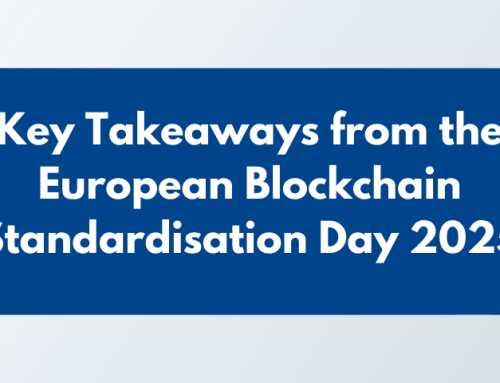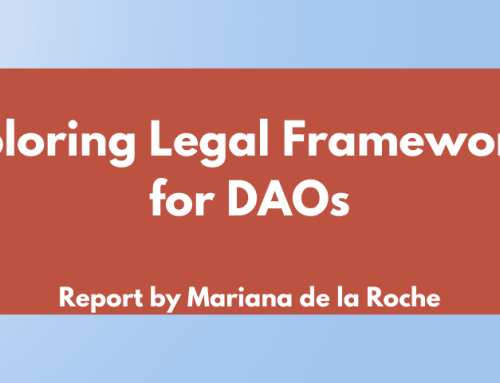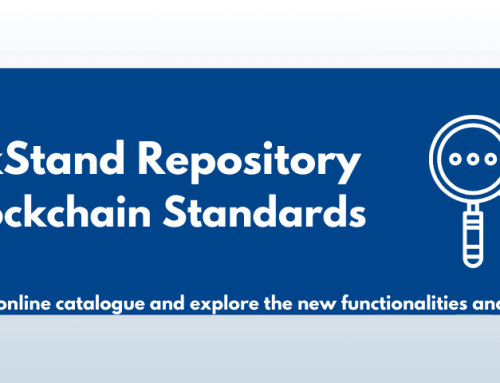The landscape of digital identity is undergoing significant transformation with evolving laws, usage patterns, and standards. With upcoming changes in eIDAS regulations and the development of the EU Digital Identity Wallet, public and private organizations must stay informed and prepared. To address this need, expert Mickaël Gaborit has created the “Standards Inventory for the Future of Digital Identity.” This essential reference material guides organizations through the complexities of digital identity standards, ensuring consistency, interoperability, security, compliance, and efficiency.
Introduction to the Standards Inventory
Gaborit’s deliverable highlights the necessity of a standardized inventory aligned with future eIDAS rules and the Wallet ARF (Architecture and Reference Framework). This inventory supports the implementation of secure and interoperable electronic identification and authentication systems. Key objectives include:
- Consistency: Adherence to common rules and practices, facilitating uniform approaches to digital identity.
- Interoperability: Seamless interactions between various eIDAS-compliant systems, enhancing collaboration.
- Security: Robust protocols to protect sensitive user data and guard against threats.
- Compliance: Alignment with regulatory requirements and adherence to relevant laws.
- Efficiency: Streamlining processes and reducing duplication of efforts.
- Future-Proofing: Adapting to emerging technologies and evolving regulations.
The Role of Blockstand
Blockstand plays a crucial role in this initiative, reinforcing the European Union’s leadership in global blockchain standardization. This project ensures blockchain standards enhance European industrial dominance while reflecting the continent’s values and needs. By coordinating expert inputs, Blockstand supports Europe’s strategic autonomy and aligns blockchain innovation with EU regulatory frameworks.
Impact of the Standards Inventory
The standard inventory developed by Gaborit is expected to facilitate seamless interactions across European digital systems, enhancing security and building user trust in digital services through recognized standards. It ensures alignment with eIDAS and other regulatory frameworks, fostering the growth and innovation of digital identity solutions. Moreover, it improves accessibility and efficiency of services across EU member states, streamlining processes and reducing costs, ultimately contributing to economic growth. By simplifying interactions with digital services for individuals and businesses, this inventory promotes a more secure, trusted, and efficient digital ecosystem.
In conclusion, Mickaël Gaborit’s “Standards Inventory for the Future of Digital Identity” is a vital resource for navigating the evolving digital identity landscape. By fostering consistency, interoperability, security, and compliance, this inventory will play a crucial role in the successful implementation of future eIDAS rules and the EU Digital Identity Wallet.
The Full Report from Mickaël Gaborit and other relevant documents are accessible in the dedicated “Resources & Publications” page.







